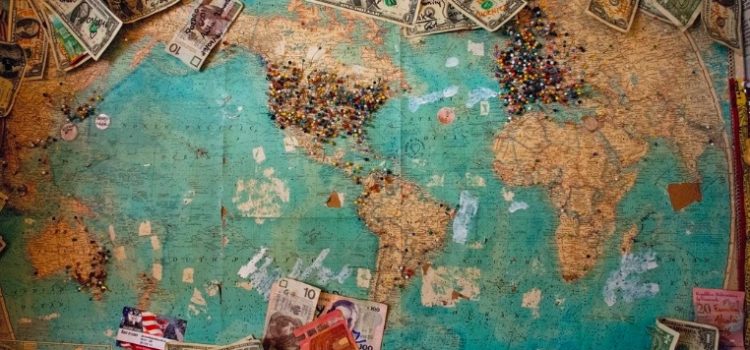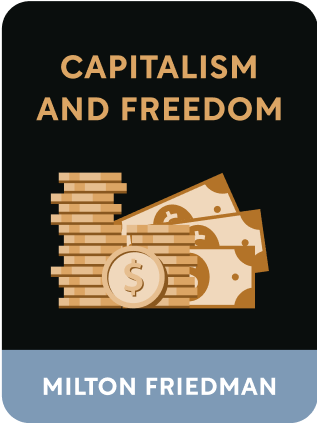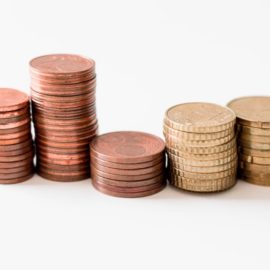

This article is an excerpt from the Shortform book guide to "Capitalism and Freedom" by Milton Friedman. Shortform has the world's best summaries and analyses of books you should be reading.
Like this article? Sign up for a free trial here .
What is floating currency? How does it work and why should it be used?
A “floating currency” is the idea that the market should determine the value of a country’s currency. This is unregulated and according to Milton Friedman, much more beneficial.
Read more about floating currency and how it works.
Foreign Exchange Methods
Governments also play a significant role in revaluing or devaluing their currencies relative to those of other countries. Both a strong dollar (one that has a high exchange rate relative to other currencies) and a weak dollar (one that has a low exchange rate relative to other currencies) have different advantages for different players in the economy. There are two main options for exchange rate: fixed currency and floating currency.
A strong currency benefits importers of raw materials from abroad and consumers of foreign goods, because it enables them to purchase pounds sterling or yen or euros with fewer dollars, in turn enabling them to purchase more goods and services denominated in those currencies. A weak currency, on the other hand, benefits exporters, because it enables them to sell American goods and services cheaper in foreign markets, giving them a competitive advantage.
Because of these advantages and disadvantages of currency valuations, countries used to frequently try to manipulate the value of their currencies relative to others in order to benefit some sector of their domestic market. Unsurprisingly, political lobbying and influence peddling (not free-market principles) were central to this process, with special interests pressuring governments and central bank officials to adopt monetary policies that would benefit them, including floating currency.
Floating Currency
Instead of this elaborate and carefully managed system of international currency pegging, countries should be free to let their currencies simply “float”—i.e., let the free market determine the value of currencies relative to one another.
Skeptics of free-floating exchange rates and floating currency once worried that such a system would lead to wild fluctuations in the relative value of currencies. But this fear was not grounded in reality. After all, the United States and other countries with market economies had free price systems for the buying and selling of ordinary domestic goods and services—it was not as if the government mandated prices for televisions or automobiles.
This did not lead to unpredictable price swings in these markets, because prices of goods and services are fundamentally a reflection of broader underlying economic conditions and policies. As long as this macroeconomic structure remained the same, price changes would be slow and modest. There was no reason to believe that the market for currency would behave differently.
The inflows and outflows of currency would always balance out under such a system—the seller of dollars would need to find a buyer willing to pay her in the equivalent value of foreign currency. Losses of domestic currency would by definition be offset by gains in foreign currency reserves.
This system would enable the United States to abandon all capital controls (including the guarantee to purchase gold and foreign currencies at guaranteed rates), end restrictions on transactions between private firms and individuals, and expand the zone of free trade. Absent major structural changes, this free-floating currency system would produce stable and predictable currency valuations—without cumbersome and intrusive government meddling.

———End of Preview———
Like what you just read? Read the rest of the world's best book summary and analysis of Milton Friedman's "Capitalism and Freedom" at Shortform .
Here's what you'll find in our full Capitalism and Freedom summary :
- The key principles from Milton Friedman's Nobel Prize-winning book
- Why capitalism functions best when it is freed from government restraints
- How forced redistribution schemes are morally unjust






